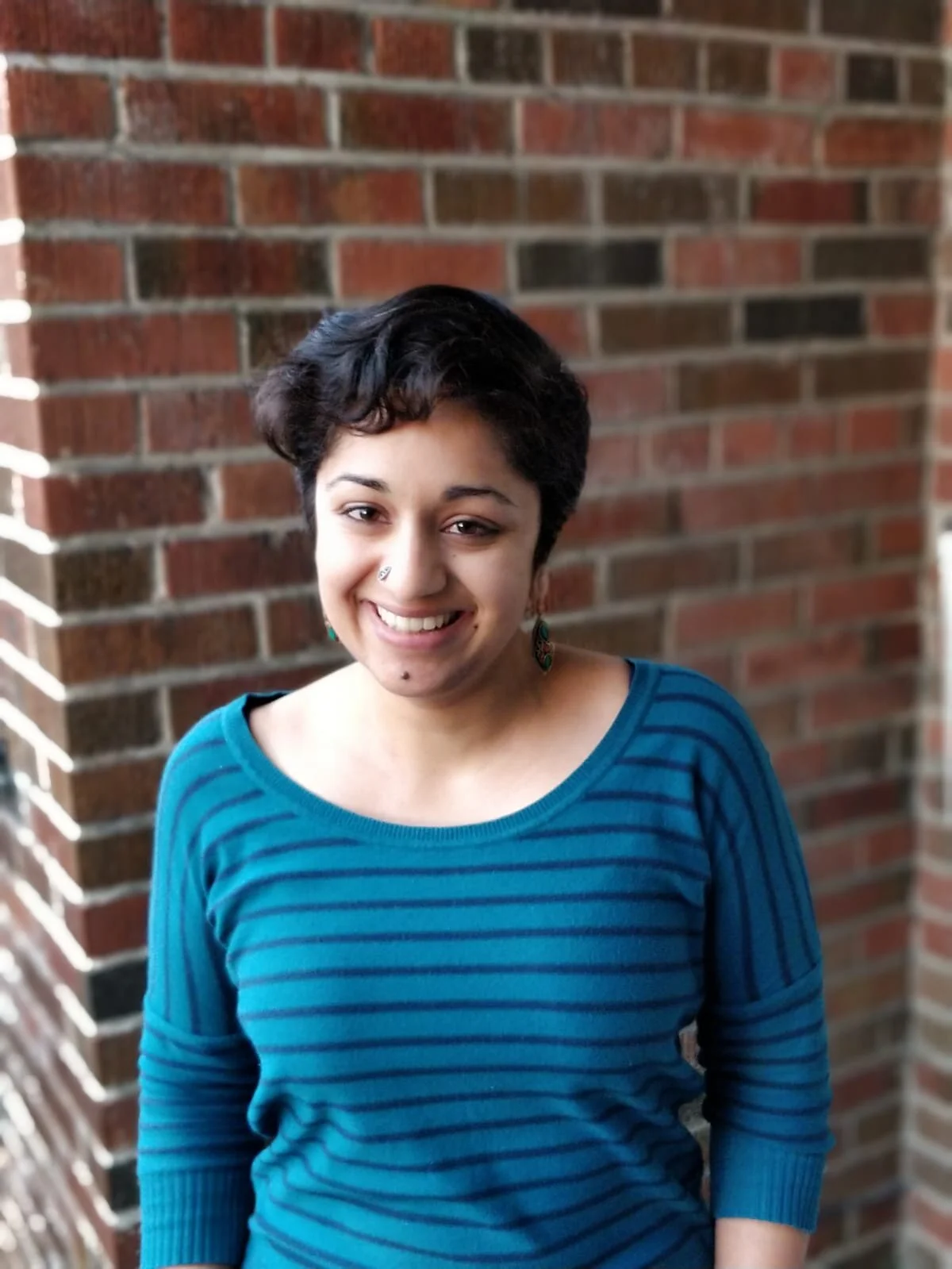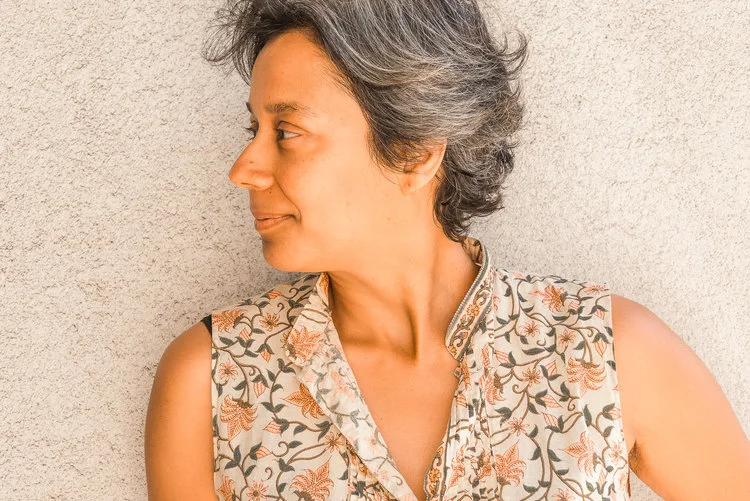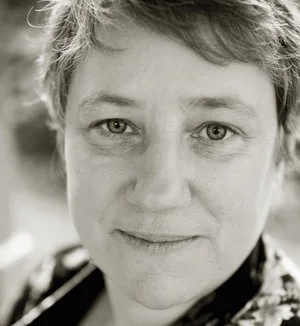In this interview, Canthius team member Manahil Bandukwala chats with Molly about her forthcoming collection, Exhibitionist, coming into an honest voice as a writer, and work that she is excited about these days.
Read MoreAs we began to discuss the outside world in our classroom, the gendered world we lived in, the kinds of discussions we shared were unlike those I have experienced in any other setting. It felt to me that the bond our bodies shared shaped those conversations.
Read MoreIn this interview, Canthius editorial board member Manahil Bandukwala talks to Sheniz about connecting writers, mentorship, and cross-disciplinary projects.
Read MoreIn honour of Priscila Uppal, and a little over a year since her passing, an interview with fellow writers and friends of Priscila’s, Canisia Lubrin, Dani Spinosa and Meaghan Strimas.
Read MoreWe are thrilled to introduce the recipients of the first annual Priscila Uppal Memorial Prize for Poetry. Over 250 poems from over 100 poets were submitted to the contest and these were all carefully considered by judge Phoebe Wang.
Read MoreTerese Mason Pierre is a writer, editor and organizer. Her work has appeared in Canthius, Strange Horizons, and Train: a poetry journal, among others. She is currently the poetry editor of Augur Magazine, a Canadian speculative and surrealism literature journal, and she volunteers with Shab-e She’r, a monthly poetry reading series. Terese lives and works in Toronto.
Read MoreIn this interview, Canthius editorial board member Manahil Bandukwala talks to poet Isabella Wang about her chapbook, On Forgetting a Language (Baseline Press, 2019), her community involvement and organizing, and her current project on writing and translating ghazals.
Read MoreIn this interview, Canthius editorial board member Manahil Bandukwala talks to publisher and poet Karen Schindler about Baseline Press, the London poetry community, and the labour that goes into running a small press.
Read MorePhoebe Wang is the judge for the 2019 Priscila Uppal Memorial Award For Poetry. In this interview, Manahil Bandukwala talks to Phoebe about her role in nurturing BIPOC writers, submitting to contests, and what she’s looking for in a winning poem.
Read MoreSanna Wani is a person and poet around Toronto. Her work is available in The Puritan, Peach Mag and TIME. She loves daisies.
Read MoreWhen a man rushes in to save still-tiny-helpless-old me without asking my consent, it reduces me to an object to be acted upon for his self-gratification. I’m the prop. I’m just the means to his self-satisfaction. Grabbing me because he’s decided I want it, is an explicit display of rape culture.
Read MoreBy reasserting the stubborn materiality of our interdependent, entangled and embodied existence with nonhumans, how might we forge better ethical relations between humans and animals, plants and elements like water, air and land?
Read MoreWhitney is the founder and co-editor and of the nation-wide publication From the Root Zine and the successful workshop series Writing While Black, an initiative to develop a community of Black writers.
Read More"I love the way poetry has the capacity to hold questions that can’t be answered; to maintain their unanswerability as active, expressive, generative."
Read MoreWelmmann’s work is a direct descendent of Meret Oppenheim's and Elsa Schiaparelli’s. And just as Oppenheim and Schiaparelli, Wellmann is on the “right side” of representation of the female form.
Read More“In my own view, feminism is the claim to the truth that women have moral, political and sexual agency and should have commensurate influence in the world. Feminists are those that speak that truth and influence social mores, culture, and public life.”
Read MoreSvetlana Lilova, author of Metaphysical Dictionary, talks to us about immigrating to Canada, learning English and her writing practice.
Read MoreI can’t count the number of times I’ve heard statements like, “I don’t read poetry. I just don’t get it.” While poetry can seem inaccessible and impossible to understand, it is important for and relevant to everyone!
Read MoreLiterary journals are unique, playful spaces that foster dialogue between readers and writers and transform the meanings of texts. When read publicly, these texts expand even more as listeners generate their own interpretations.
Read MoreThese exchanges not only bring one’s private world into dialogue with another’s, they invite the public, collective realm of “poetry” into the private space of “women.” This is a new kitchen table. These are new women.
Read More

















